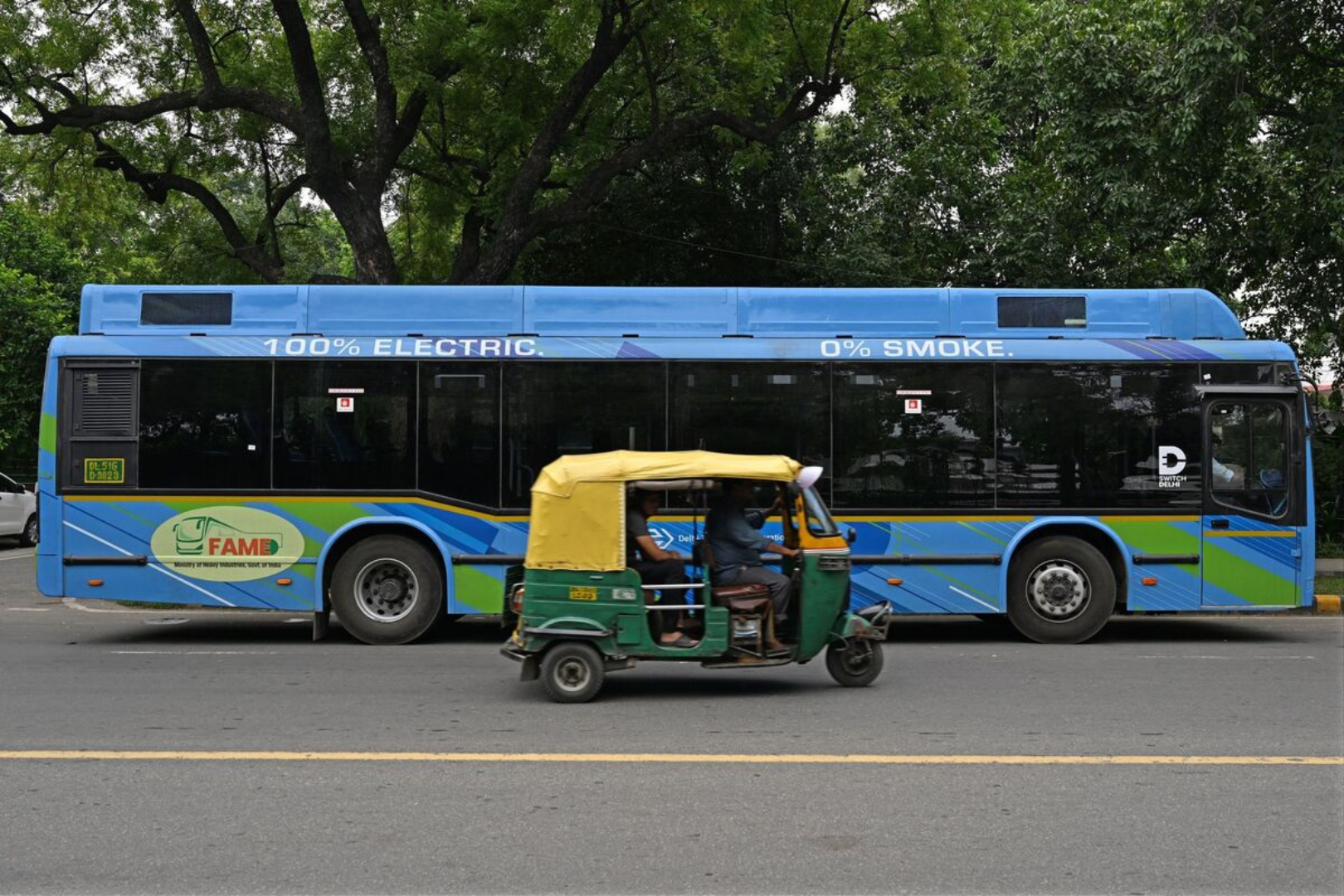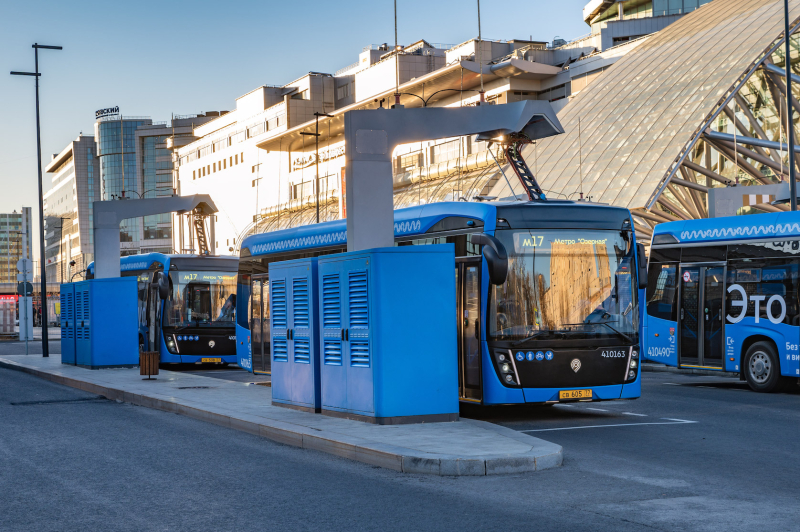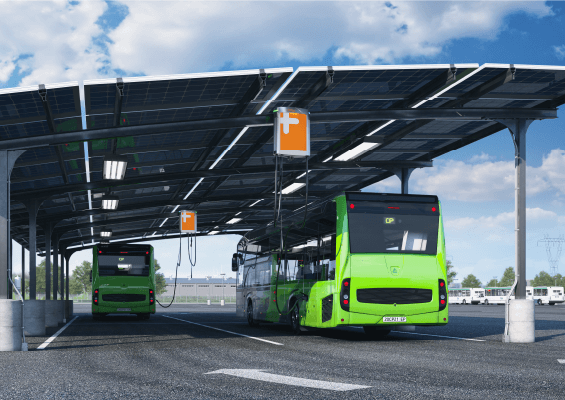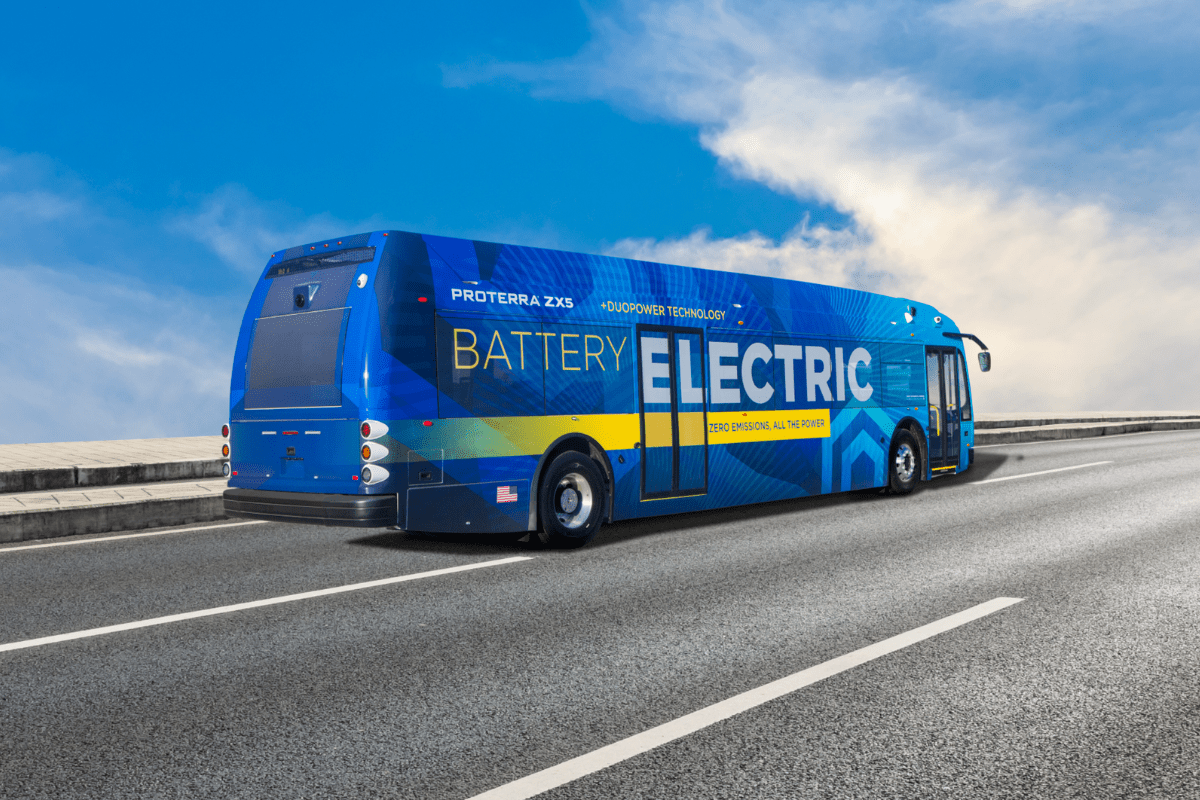Menu
Menu

Updated on Jul 23, 2023 | 6 min read
In a significant move towards promoting sustainable urban mobility and embracing the future of transportation, the Government of India(GoI), under the leadership of Prime Minister Shri Narendra Modi, has given the green light to the transformative “PM-eBus Sewa” scheme. With a captivating vision to augment city bus operations across the nation, this scheme brings with it a plethora of benefits that will not only reshape our urban-rural transport landscape but also contribute to a greener and more efficient future of India.

A Glimpse into the Numbers:
Imagine a future where 10,000 electric buses gracefully glide through the streets of 169 cities, all part of a visionary Public-Private Partnership (PPP) model. This isn’t just a dream; it’s the essence of the “PM-eBus Sewa” scheme. With a total estimated cost of Rs.57,613 crores and an infusion of Rs.20,000 crore from the Central government, this initiative will empower cities to enhance their public transportation systems for the next decade.
With just one scheme GoI has laid out the plan to deal with the Charging Infrastructure Problem. The focus on the charging network will boost EV adoption across all regions. The public awareness campaign will do more justice to it.
More Than Just Buses:
This groundbreaking scheme is not just about buses; it’s about holistic transformation. It’s about embracing a greener, cleaner future. The two core segments of the scheme are a testament to this vision:

Segment A: Augmenting City Bus Services (169 Cities)
Under this segment, the scheme will bring in 10,000 e-buses under the PPP model, revolutionizing city bus operations. But that’s not all – it’s also about creating the infrastructure to support this transformation. From depot upgrades to behind-the-meter power infrastructure, this segment aims to lay the foundation for a seamless and efficient electric bus network.
Segment B: Green Urban Mobility Initiatives (181 Cities)
This segment is where innovation takes center stage. From bus priority infrastructure to multi-modal interchange facilities and cutting-edge Automated Fare Collection Systems, it’s about transforming our cities into smart, sustainable hubs. Charging infrastructure for electric vehicles will be a key focus, powering the e-mobility revolution.
Driving Employment and Growth:
As the scheme unfolds, it’s not just buses that will be set in motion; it’s the gears of the economy. With an estimated direct employment generation of over 45,000 jobs, the “PM-eBus Sewa” scheme is a catalyst for growth. From bus operators to maintenance personnel, this initiative will provide livelihoods and opportunities, uplifting communities and contributing to local economies.

Towards a Greener Tomorrow:
The “PM-eBus Sewa” scheme isn’t just about connecting cities; it’s about connecting with our environment. By promoting e-mobility and investing in sustainable infrastructure, we’re taking meaningful steps toward reducing noise and air pollution and curbing carbon emissions. The shift to electric buses will also result in a reduction in greenhouse gas emissions, contributing to a cleaner, healthier planet.
In conclusion, the “PM-eBus Sewa” scheme is a game-changer. It’s a transformational journey that will reshape how we commute, how we live, and how we interact with our cities. With a visionary approach, this scheme paves the way for a greener, more connected, and prosperous India. Let’s embrace this initiative and take the first step toward a sustainable urban future.
Talk to our expert about EV Charging, kindly fill in the details below

Content Writer
© 2024 Massive Mobility Private Limited. All rights Reserved